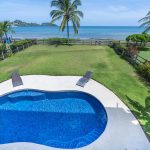When you consider moving abroad (or anywhere that’s not already “home”), one of the first questions you likely have is, how much is it going to cost? And so, we’ve pulled together this comprehensive overview of the cost of living in Costa Rica:
What Is the Cost of Living in Costa Rica?
As with so many things, there is no easy answer. Cost of living in Costa Rica (as anywhere) is dependent on the life you lead: Your cost of living will be very different if, say, you’re a family of four with kids in private schools than if you were a retired couple living on a pension.
Cost of living is also a function of your lifestyle. For example, if you eat out often, expect higher food costs. (Ditto, if you love to cook with fancy or imported ingredients.) Living at the beach, especially with an ocean view, is generally more expensive than living on a rural mountain. Homebodies will likely save over frequent travelers. Etcetera, etcetera – you determine your cost of living.
All that said, there are a few very general rules to the cost of living in Costa Rica. We’ll go into more details below, but for now:
Cost of Living in Costa Rica: 4 Basic Budgets
$1,000/Month (Bare Minimum)
Both for legal residency (specifically, pensionado residency for retirees and other pension recipients) and for general cost of living purposes, $1,000/month is about as rock-bottom a budget as you can reasonably expect.
What it Buys: A budget of $1,000/month will buy you rent in a very modest (and likely, rural) home, groceries (which you’ll have to plan wisely), perhaps a few meals at a soda (Costa Rican “diner”), a public CCSS (Caja) healthcare payment (but no private insurance), and modest utilities: electricity (but don’t use air-conditioning or a dryer), internet (you can stretch to 50 or 100 Mbps, if you’re willing to cut in other areas), budgeted water usage (don’t water your garden in the dry season). Your travel, even local, will be very limited.
Bottom line: Yes, you can afford a very modest lifestyle for $1,000/month. Whether you’ll be happy with that lifestyle is up to you.
$1,500-$2,500/Month
This budget transitions you into the middle-class category: Depending on the size of your family, you can probably afford extras and some little luxuries, but you won’t be living large (unless you’re single, and that’s still dependent on your definition of “large”). It’s also a minimum budget for families: If there are more than two people in your household, you’ll really want to hit at least the $1,500/month minimum to cover your needs.
What it Buys: For $1,500-$2,500/month, you can rent a more spacious home (Central Valley or rural) or a beach condo, and you can afford to splash out on your pick of imported groceries, dining out, and frequent recreation/local travel. (But you will still have to prioritize because this budget won’t afford it all.) You may buy a car, but it’s probably an older model. You can run your a/c (although you may have to budget its use) and dry your clothes in the dryer.
Bottom Line: This is a fairly comfortable budget, especially for singles or couples. (Families, you’ll still be meticulously balancing the virtual checkbook.) You won’t be counting your colones at every purchase but you won’t feel particularly flush, either. (Unless you’re very accustomed to frugal living.)
$2,500-$4,000/Month
This is what most Costa Rican residents would call a happy medium, especially for social butterflies and families with school-age children. In other words, if you love to dine out frequently, enjoy drinks + live music, and spend your weekends exploring, or if you have growing mouths to feed (and educate), then this budget range is where you begin to feel like you can breathe a little.
What it Buys: For $2,500-$4,000 a month, you can more easily rent a spacious home or luxury beach condo, can up your food budget to include restaurant meals and imported groceries, and won’t worry about paying utilities. (Unless you’re into 24/7 air-conditioning; see our section on Fixed Costs, below.) You can also buy a car, even a newer model (although it’ll still be hard to secure financing.)
Bottom Line: You may read a lot about how to live frugally in Costa Rica, but the truth is that said frugal living can be tough on a lot of people. For a moderately comfortable lifestyle, this is the recommended budget.
$5,000-$7,500+/Month
The hard truth is that cost of living in Costa Rica isn’t as low as it used to be. What’s more, depending on where you’re from (and your lifestyle), the cost of living may be higher than “back home.”
By way of example, while many English-speaking families send their kids public schools “back home,” they often opt for bilingual private schools in Costa Rica, to ease their children’s transition to a new country, language, and culture. This very understandable choice will add $500-$1,000/month, per child, to the monthly budget.
What it Buys: This is where you get into truly comfortable lifestyle territory: You can afford everything you need a lot of what you want, including large homes, even at the beach. Your utilities and healthcare are covered. You own a car (or two). You can pay for private school and extracurriculars and groceries for voracious teenagers. You can travel around Costa Rica and fly “home” for special occasions.
And with all that said, let’s talk specifics:
Vehicle Costs
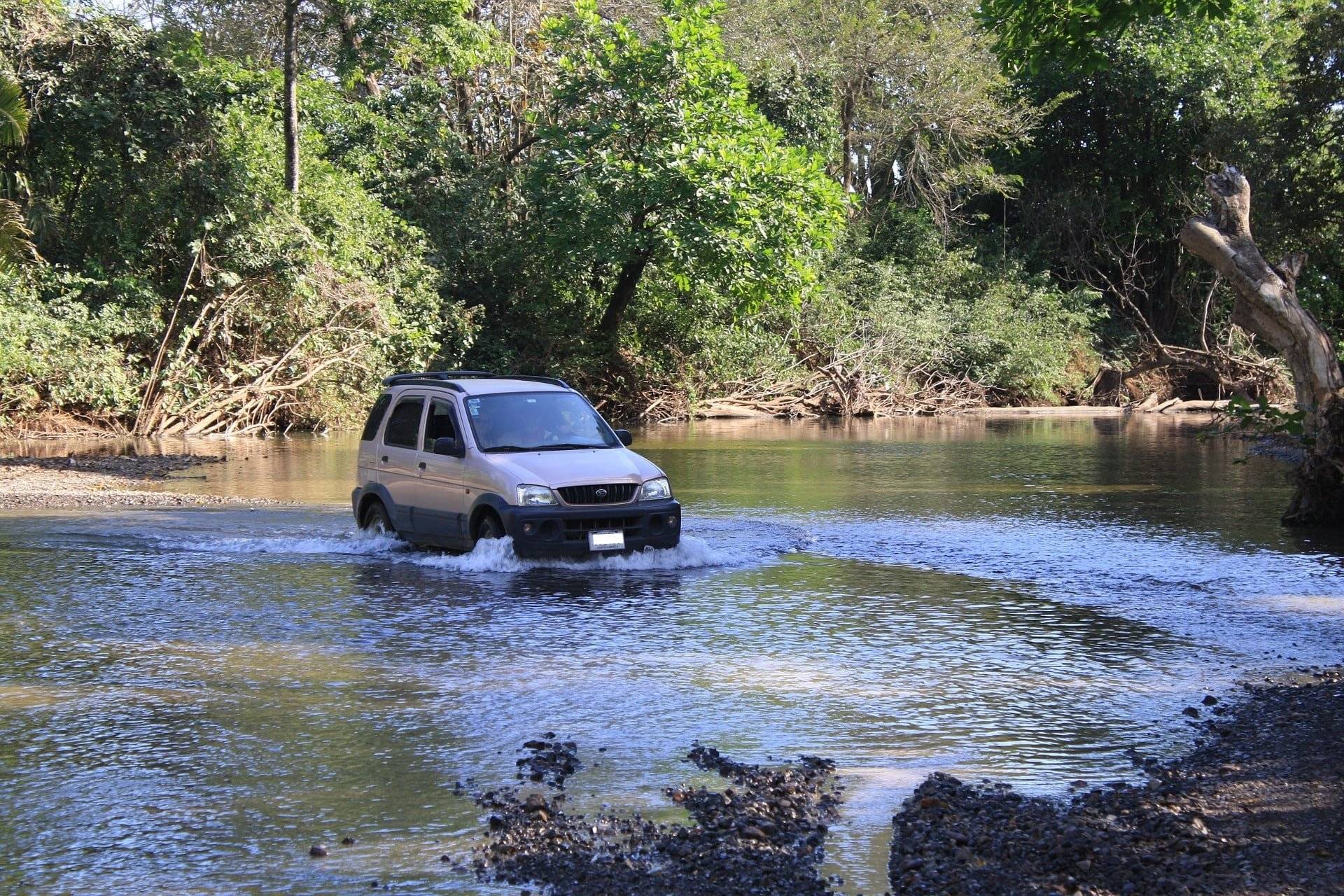
If you plan to buy a car, prepare to pay cash (loans are difficult to secure for foreigners) – and a hefty chunk of cash, at that. Be prepared for a little bit of car-price sticker shock: Like it or not (agree with it or not), cars are subject to high import taxes AND they retain their value better and longer in Costa Rica.
And that all boils down to a higher purchase price – usually, anywhere from 1.5 to 3 times more expensive than you might expect “back home.” For example, in 2021, a 2006 Toyota RAV4 costs about $8,000; a 2017 Hyundai Tucson is over $20,000; and an ultra-compact 2016 Suzuki Swift costs about $9,000.
Unless you purchase an electric vehicle (which are becoming more common, for what it’s worth), you’ll also be on the hook for gas or diesel, whose prices are government-regulated and set (the same price at every gas station). You can check the day’s mandated prices on RECOPE’s website. As of publication, Plus costs ¢721 per liter, Súper costs ¢736 per liter, and diesel costs ¢620 per liter. To put this in U.S. terms, for example, that’s about $5.12/gallon for Plus, $5.22/gallon for Súper, and $4.40/gallon for diesel (approximate prices, as of publication).
Additionally, you are legally required to pay a yearly Riteve inspection (about $20) and marchamo vehicle tax/registration, which is calculated based on the age and value of your vehicle. You can check a vehicle’s marchamo cost on the INS website. Full-coverage car insurance is not mandatory but recommended, especially if you drive a newer model vehicle. For that, you can expect to pay $50-$100+ per month.
Learn more about buying a car in Costa Rica.
Education Costs
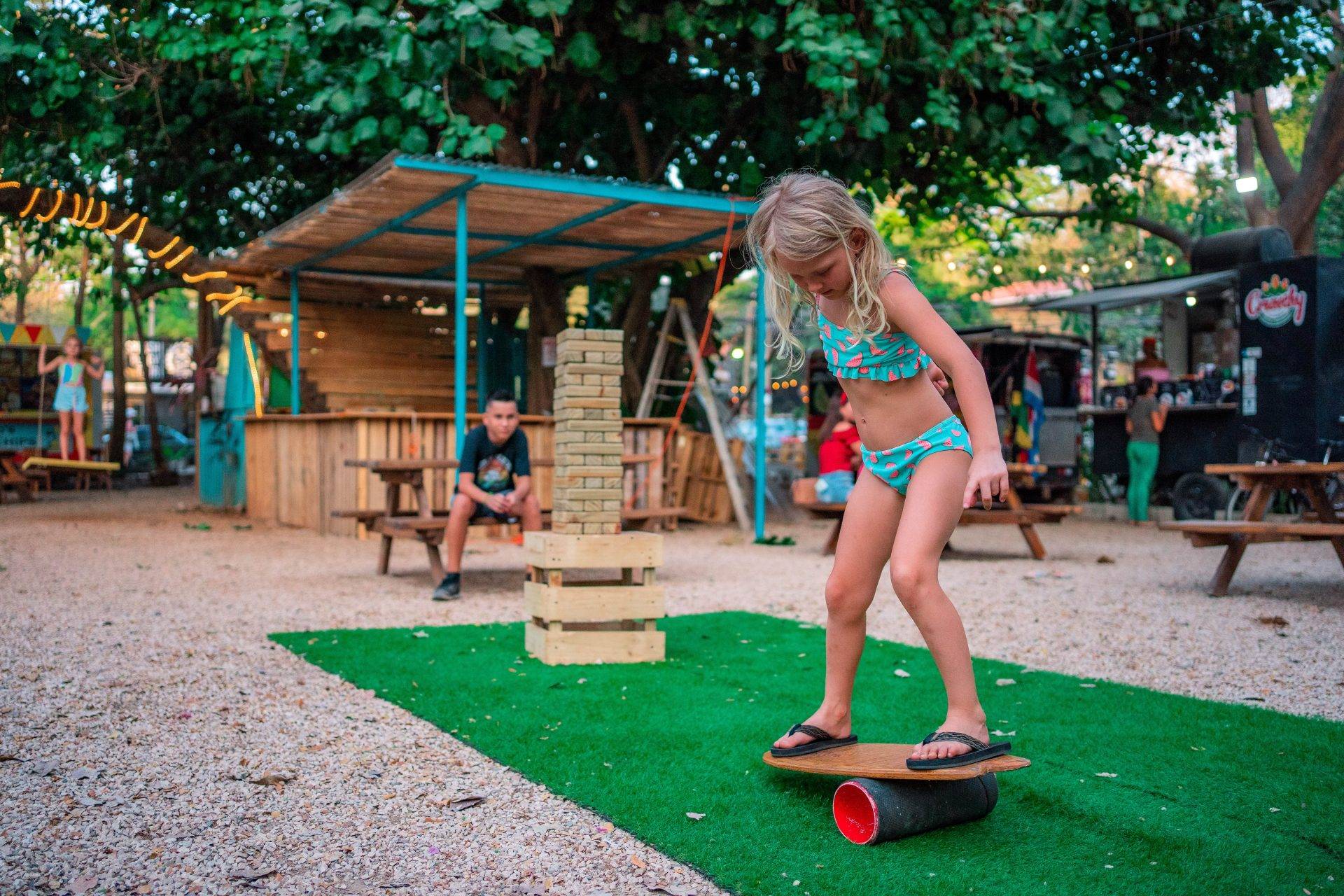
You’ll have ample schooling options (both public and private) when you live at the beach
Schooling (and education costs) in Costa Rica start with one big question: Public or private?
The answer will be personal. Your choice of schooling will depend on many factors, including your home’s location (how far is the commute to a school?), local school availability (how good is the public school? what private schools are within a reasonable commute?), your finances (public schools are free, whereas private schools cost anywhere from $4,000-$10,000+ per year), and other factors.
Learn more about schools private schools near Tamarindo, private schools near Playas del Coco, and moving to Costa Rica with kids.
Food Costs

Shopping at the farmer’s market is not only easy on the budget but also an enjoyable cultural experience and an invitation to some of the country’s freshest fruits and veggies.
At the risk of sounding like a broken record, here’s another area where you can either tighten your belt or splash out big time.
Your monthly food costs will depend largely on how and what you eat: Do you plan to cook simple Costa Rican fare or do you love to create complex international meals that require long lists of imported ingredients? Do you frequently eat at restaurants? (And, if so, are they local sodas or more upscale international eateries?) Are you big meat-eaters or vegetarians/vegans? Etcetera, etcetera.
A single person who doesn’t dine out and eats mostly local products, including ample fruits, vegetables, and legumes, might consume $150-$200/month in groceries, while a family of four with two hungry teenagers could easily eclipse $1,000/month in food costs, especially if they eat out a few times a month.
Healthcare Costs
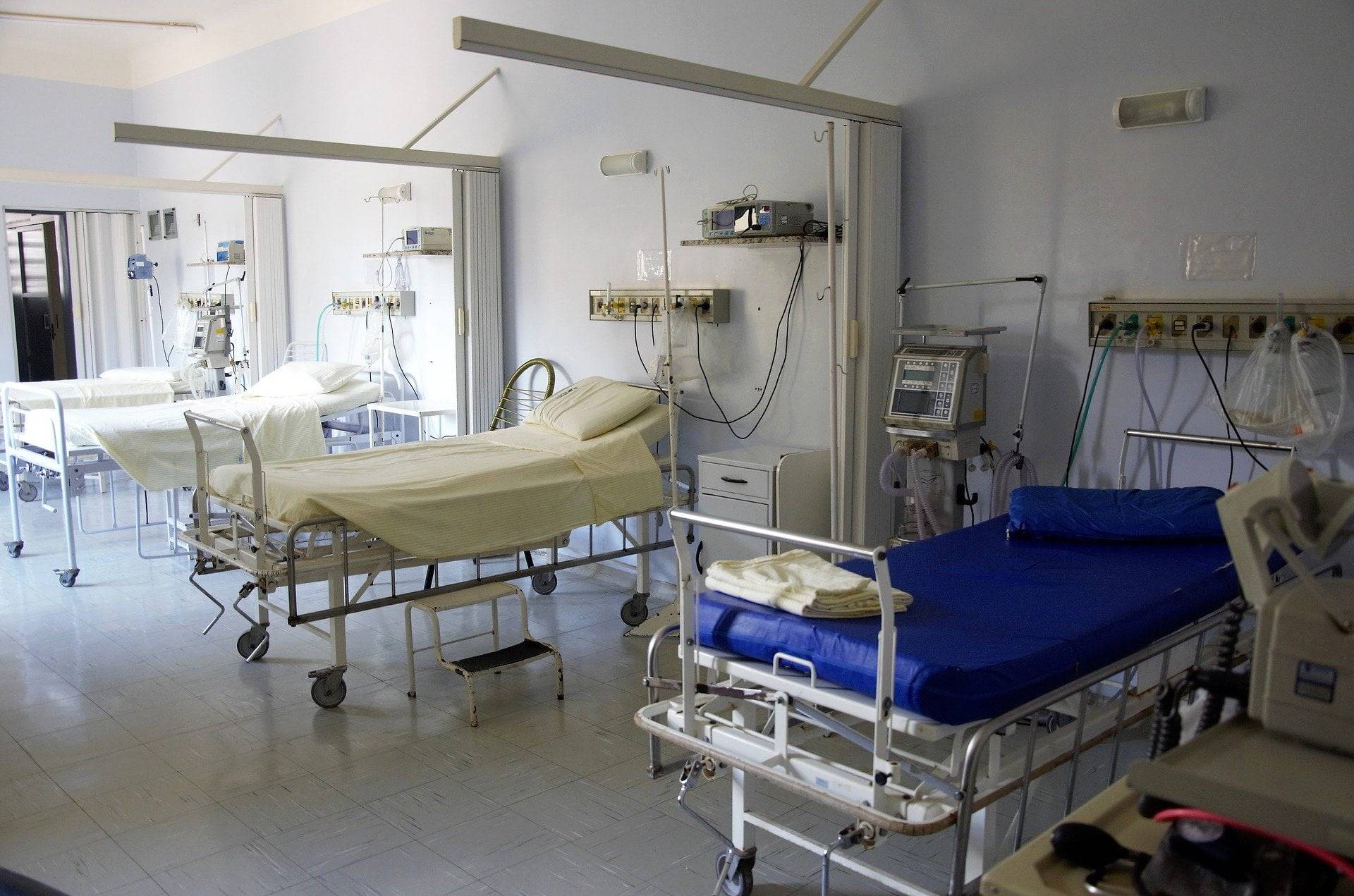
Public hospitals in Costa Rica usually offer shared rooms for 6+ patients
In Costa Rica, you’ll have access to public and private healthcare options. If you have Costa Rican residency, you’ll be required to pay into the CCSS, or Caja, Costa Rica’s public healthcare; private healthcare is optional.
Officially, a Caja contribution is calculated at 5% to 12% of your monthly income. (How that income is calculated is a different equation…) As a ballpark figure, you’re most likely looking at $100-$350/month per individual or couple. But again, your mileage may vary.
For private insurance, premiums locally usually fall into the $125-$500+ per month and typically have a deductible AND still, only cover up to 80% of your costs. Private healthcare discount plans, including the ever-popular Medismart, offer a sort of middle-ground for private healthcare, offering discounts on in-network care, in exchange for a very modest monthly fee (currently, <$14 for the primary plan-holder and <$7 for additional plan members).
Learn more about healthcare in Costa Rica.
Housing Costs
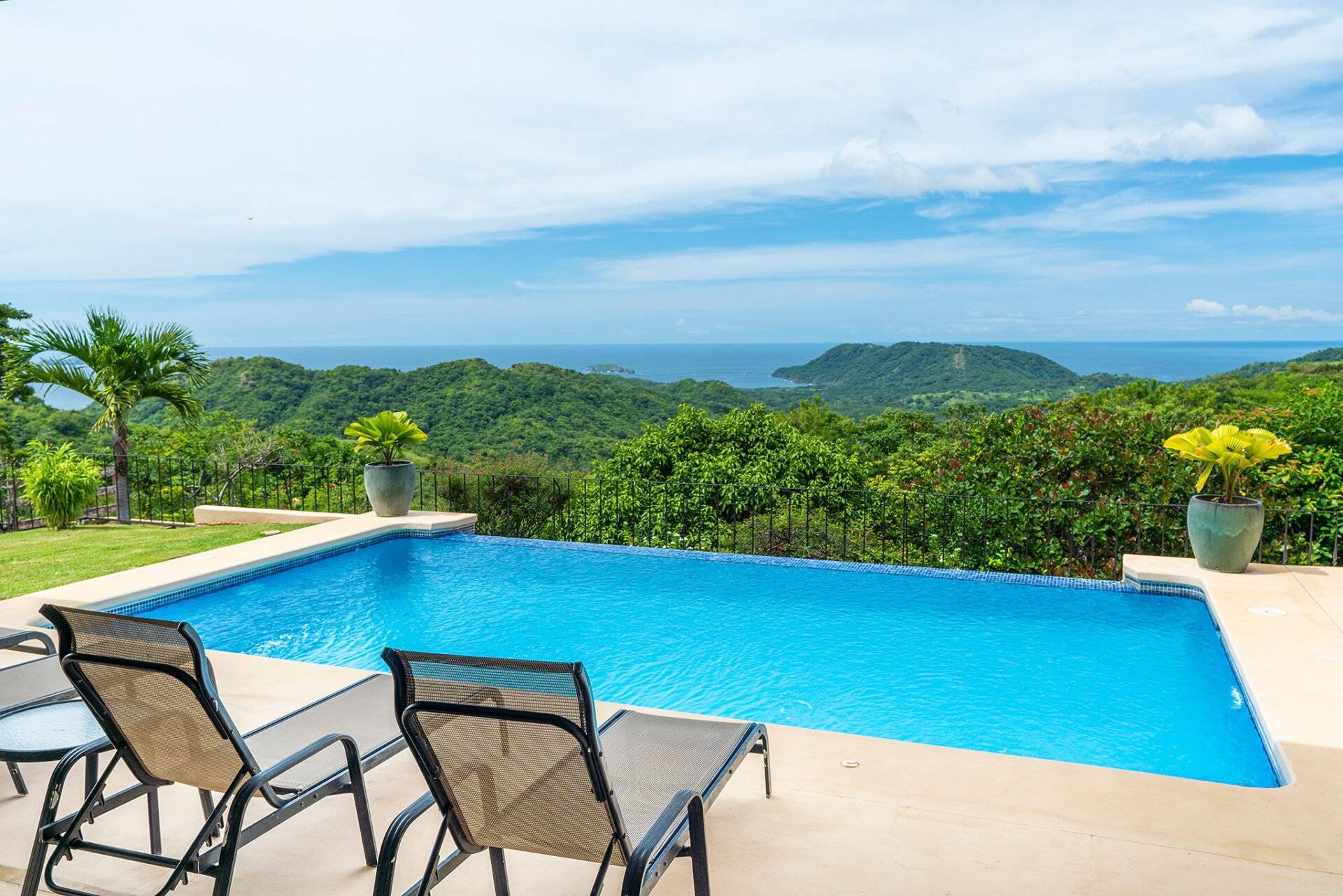
Now here’s a category that offers decent control over how much you spend: You really can choose your target housing cost and then, achieve it.
As a general rule, the Central Valley is less expensive than the coast: In the Central Valley, especially in more rural areas, you really can rent an apartment for $300/month and a modest home for $400/month; spacious and luxury homes typically top out around $1,000 month, except in higher-income areas, where the average is around $1,500/month.
At the beach, smaller and more modest condos start at $500/month, while larger and/or luxury are $1,500-$2,000+. Houses at the beach start around $1,200 and can reach $5,000+ per month, depending on size, number of bedrooms, ocean views, proximity to the beach, and other factors. (As you get further from the beach, you’ll save money.)
If you own your home (peruse purchase prices), don’t forget the cost of HOA fees, which can be as much as rent: While your total is very much a function of what you get, expect to pay anywhere from $200-$1,000+ per month in HOA fees.
Learn more about buying property in Costa Rica.
Fixed Monthly Costs
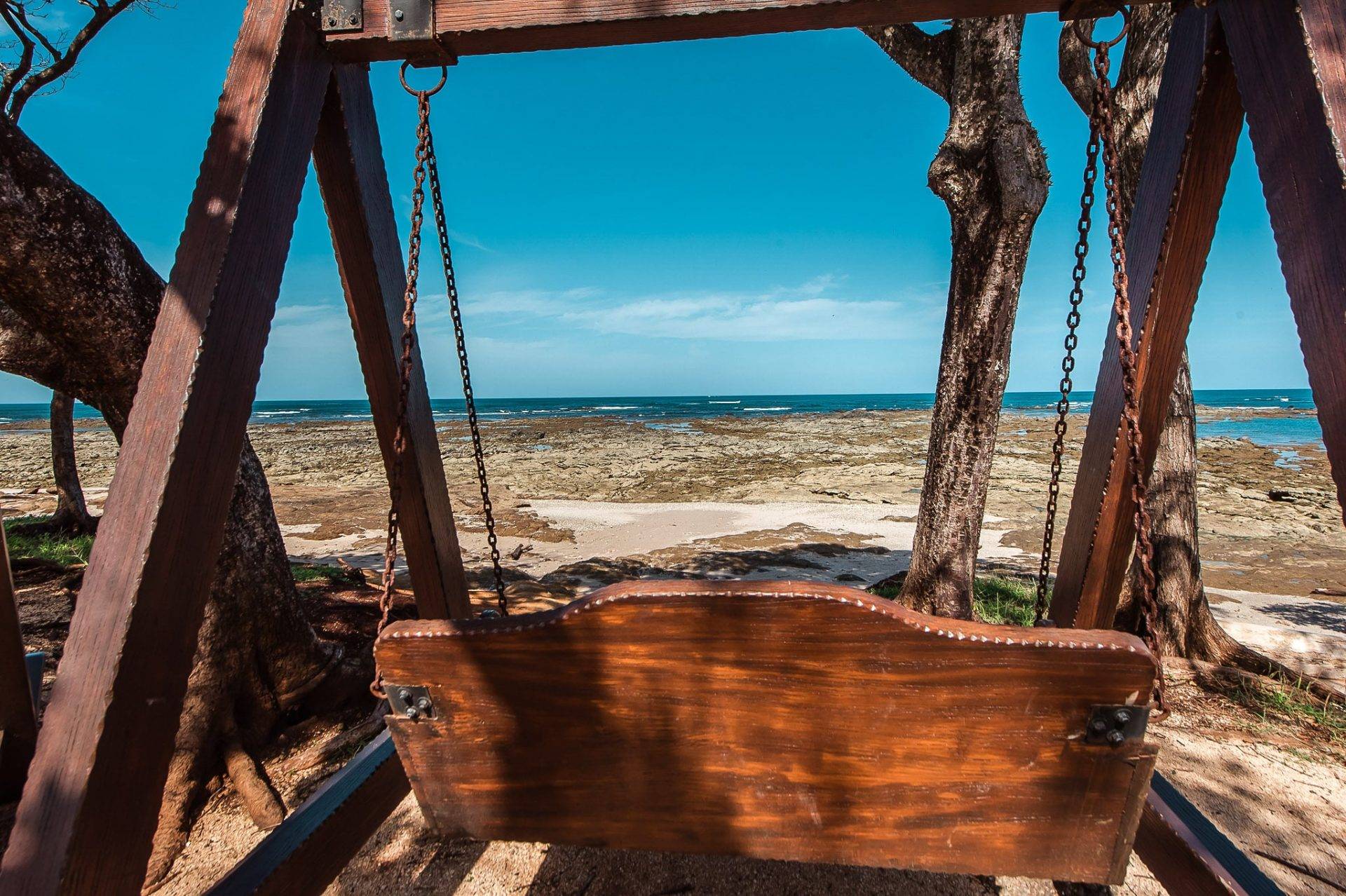
Have laptop, will surf [the internet] in Costa Rica!
As a general rule, here’s what to expect from utilities and other fixed monthly budget items:
- Internet & Cable: $50-$100, depending on your internet speed and cable package.
- Water: $30-$100, depending on where you live and your water usage.
- Electricity: $50-$500/month, depending on whether you have solar panels and how much you use your air-conditioning, pool pump, laundry dryer, and other high-consumption amenities.
- Home Insurance: Peg this around $50-$100/month, usually paid by the quarter, semester, or year. (Homeowners’ insurance is usually covered by your HOA fee, if you have one.)
- Yard Service: If you need someone to help with grounds maintenance, budget $50-$150/month for a few days a month. (Community groundskeeping is usually covered by your HOA fee, if you have one.)
Moving to Costa Rica: What’s Your Dream? (And “Happy” Budget)
Imagine your dream home, condo, vacation home, or investment property – what is most important to you? Are you a part-time or full-time owner? What’s your timeframe? Where does your budget fall?
At Blue Water Properties, we’re more than a real estate team. We’re bilingual, bicultural, and seriously experienced. And we put you first.
So, please get in touch. We’re sticklers for responding within 24 hours. Yes, even if you’re reading this post into the wee hours; we’ll have more information to you on that dream, within the day! And we look forward to it!
At Blue Water Properties of Costa Rica, we’re proud to offer some of the best Costa Rica Real Estate. We have both condos and homes, land, and businesses for sale.


